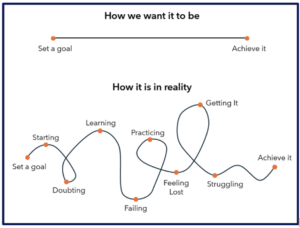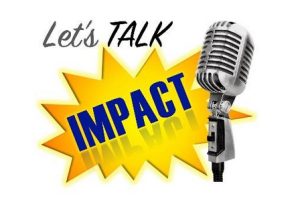By Laura Pinsoneault and Kristen Gardner-Volle
What seems like common sense isn’t so common at all. We all know that building relationships is the cornerstone to making important change happen, but doing that takes time and is often hard work. In fact, most change initiatives don’t build in time for relationship-building, despite its importance. That’s why deep connections among people and organizations are often more the exception than the rule.
Thankfully, it doesn’t have to be that way. At Evaluation Plus, we know that building genuine connections is well worth the time, energy and expense because we see the payoff—goals are met, policies get implemented, new approaches become possible and lasting relationships are developed.
Even when all of that is in place, the political environment may be such that the kind of change necessary will not be possible. Not at the moment, anyway. But that reality doesn’t squelch future successes. Positive change happens when long-lasting relationships are in place and the right window of opportunity presents itself.
So how do we build these strong relationships for both the present and the future? There are many ways to get there but, in our experience, covering these five areas can be extremely beneficial to building strong, lasting connections:
- Credibility. People must know and believe you have their back, that you know what you are doing and that you have the experience and expertise necessary to help them reach new heights.
- Safe space. Helping people think differently to solve their problems requires trust. And the way to build that trust is to provide an environment where people feel comfortable discussing what isn’t working. When they feel valued and heard, then there’s an opportunity to change their mindset and try new strategies.
- Commitment. We only take on projects we actually believe in. When we care as much about the issue as those we are working with, they know it.
- Co-learning. We don’t take a hierarchical approach and instead prefer to learn with our clients. We’re transparent and direct; not confrontational.
- Humor. Laughter goes a long way toward bringing people together. It can help develop a comfort zone where people can really talk and work out new ways of approaching problems.
A genuine connection is more than just a nice relationship. It’s lasting. It’s real. And it’s built on shared trust built over time. It’s a bond that comes in handy when you need to pull in partners to achieve something that will make an enduring, positive change.
Laura Pinsoneault, PhD, is president and CEO of Evaluation Plus, and the firm’s Kristen Gardner-Volle, MS, is a Research & Evaluation Associate.






